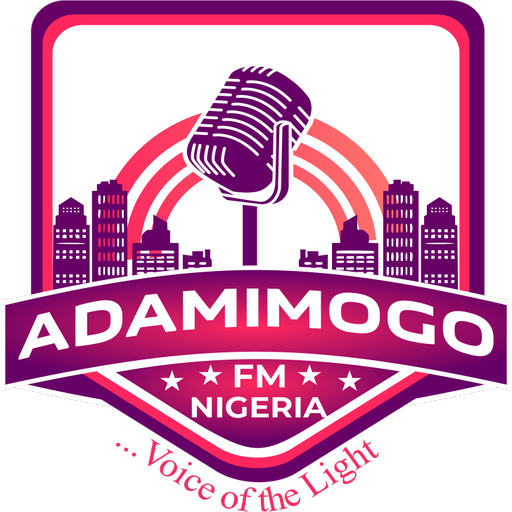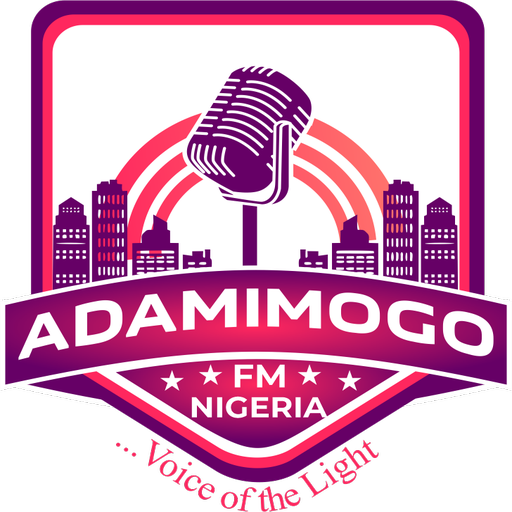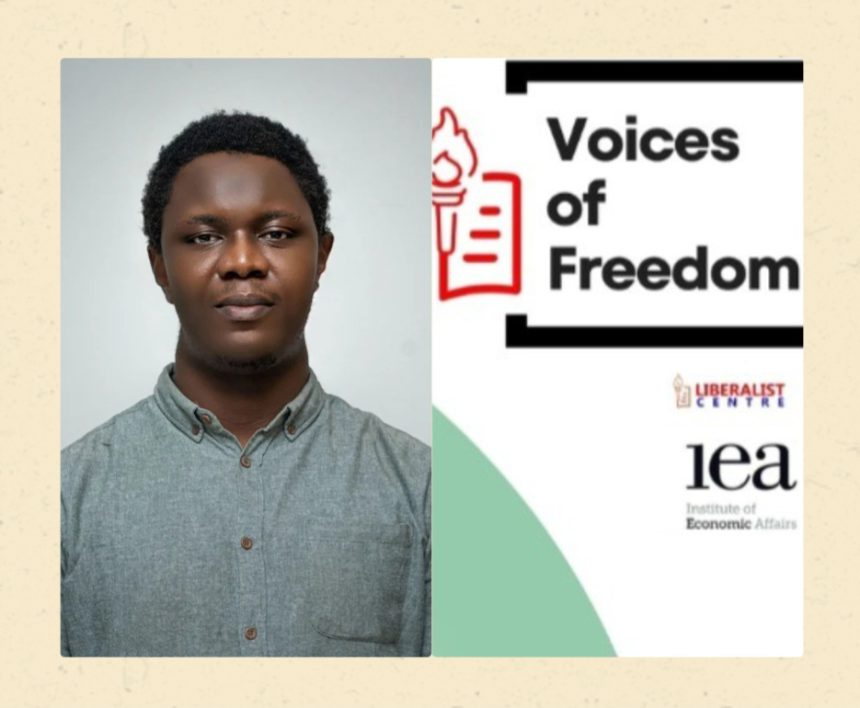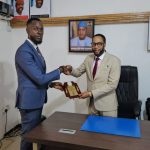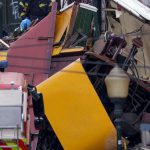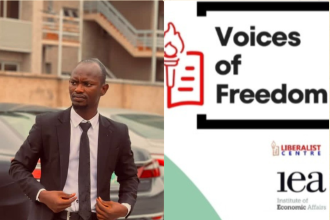In a democracy, the press is not just another institution, it is the people’s watchdog.
This was the central message of Adebayo Aare, Project Officer of the Press Attack Tracker at the Centre for Journalism Innovation and Development (CJID), on Voices of Freedom, a weekly segment of General Issues with the General which aired on one of Ibadan’s popular radio stations, Adamimogo 105.1 FM.
The programme is in collaboration with the Liberalist Centre’s Journalism for Liberty Fellowship Programme with funding support from the Institute of Economic Affairs (IEA) and Atlas Network
According to Aare, “there can be no democracy without the press.” He explained that democracy, often described as “government of the people, by the people, for the people,” is incomplete without transparency and accountability.
He mentioned that citizens hand over power to elected officials but they cannot personally monitor those leaders day by day, adding that the task falls to journalists, who ensure that state resources, funded by taxes and public wealth, are managed in the public’s interest.
In Nigeria, Section 39 of the constitution guarantees the press the right to hold leaders accountable and keep citizens informed. Similar protections exist in Ghana, the United States, and other democracies worldwide. “The press is central because it gives people the information they need to make informed decisions, especially during elections,” Aare noted.
But defending democracy has never been without risks. Across the world, journalists covering conflicts and crises often face violent attacks. In Nigeria, threats come in many forms, from harassment and arbitrary arrests to physical assaults and strategic lawsuits.
According to Aare, CJID’s Press Attack Tracker, which documents such violations, has recorded 1,292 cases in Nigeria between 1986 and 2025. Alarmingly, in just the first eight months of 2025, the tool documented 54 press freedom violations ranging from physical threats and detention to judicial harassment and even cyber bullying.
The question then becomes: if journalists are risking so much to defend democracy, how can ordinary citizens help defend them?
Aare believes the first step is for citizens to recognize journalism as a public service duty, not simply a job for profit. He urged Nigerians to raise press freedom concerns whenever they engage their political representatives, from local councils to the federal level. Citizens should demand policies that guarantee journalists a safe working environment.
“Journalists are doing their part to keep democracy on track,” Aare concluded. “The people, too, must stand with them to ensure press freedom is upheld in the country.”
